Is Your Neck Muscle Connected to Your Heart Muscle?

Is Your Neck Muscle Connected to Your Heart Muscle?
A 2015 study suggests that it might be the case. At least in rats.
Neck muscle afferents influence oromotor and cardiorespiratory brainstem neural circuits
The authors of the study were evaluating the anatomic mechanisms for how whiplash disorders and dystonia could cause problems with facial, oral, and cardiorespiratory issues.
To do that, they applied electrical stimulation to the upper neck muscles of rats and used molecular tracing techniques to identify what areas of the brain were stimulated.
They found that stimulating the upper neck muscles had unique pathways into an area in the brainstem called the nucleus intermedius, which had a direct impact on breathing and heart rate in the mice.
Even more interesting was that stimulating the neck muscles had as strong an effect as stimulating that area of the brain stem directly!
This effect was also specific to neck muscle stimulation, as pure sensory fibers didn’t produce the same effect. The effect was also not reproduced when stimulating nerves from the lower neck.
Obviously we don’t know for sure if this happens in humans because this was a rat study after all.
But studies like these might help explain why doing an adjustment to the upper neck seems to elevate vagus nerve function as measured by heart rate variability. It might also explain why many of our patients with #potssyndrome and other forms of #dysautonomia have had success with NUCCA.
The science on this is still very young, but it’s exciting to see the anatomical connections that make the upper neck such an important area to work on.


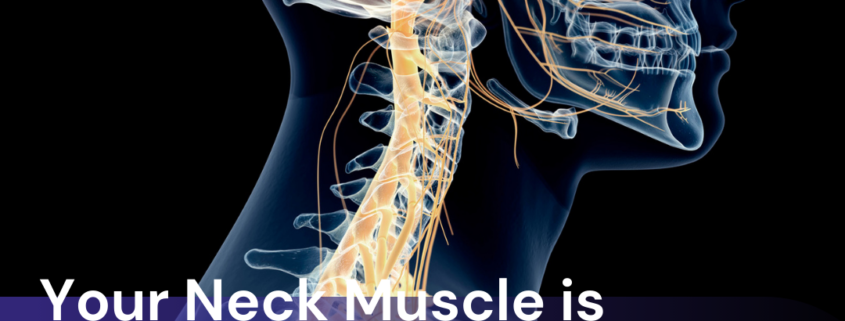
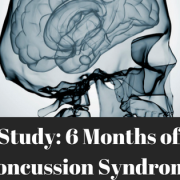
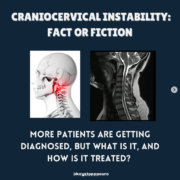
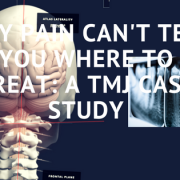
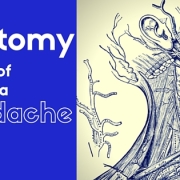
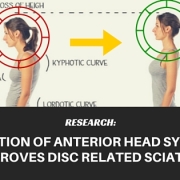
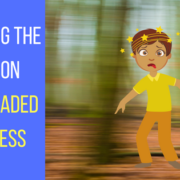
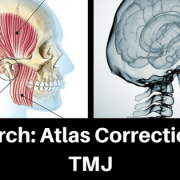



Leave a Reply
Want to join the discussion?Feel free to contribute!